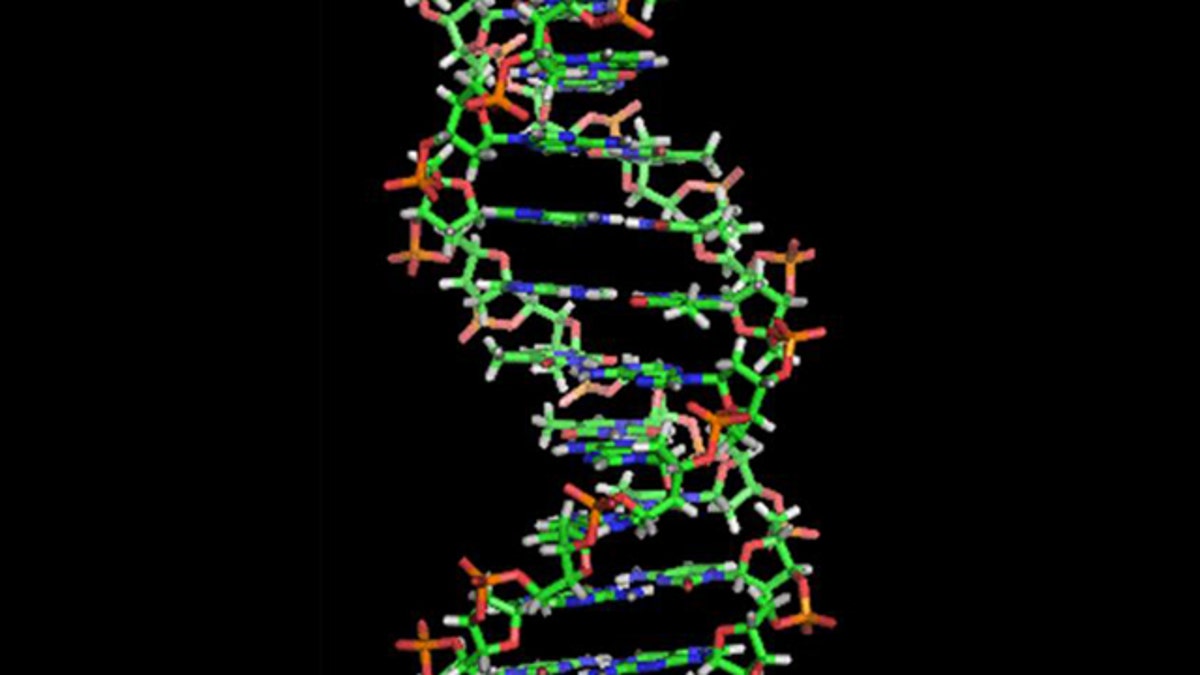
(Wikimedia)
The first babies with three biological parents could be conceived within three years after ground-breaking British research that could stop children from inheriting severe diseases, The Times reported Wednesday.
Scientists at Newcastle University have grown human embryos after merging DNA from two fertilized eggs with a technique that could soon be used to prevent serious genetic disorders.
The procedure is designed to correct faulty “cellular batteries,” called mitochondria, which can cause fatal heart, liver, neurological and muscle conditions, by replacing them with healthy versions from a donated embryo.
As mitochondria contain DNA, a child conceived this way would inherit genetic material from three parents. The mother and father would supply 99.8 percent of its DNA, but a small amount would come from a second woman, the mitochondrial donor.
Such children would also be the first produced by germline genetic engineering, in which genes introduced by artificial means would be passed to successive generations.
Doug Turnbull, who led the research, said that it could potentially help families at risk from mitochondrial diseases to have healthy children in as little as three years, although follow-up studies are still needed to show that it is sufficiently safe and effective.
Regulatory barriers will also have to be overcome. It is currently illegal in the U.K. to place embryos created this way into a woman’s womb, but the Health Secretary has the power to rescind the ban without new legislation.
A successful experiment in non-human primates may also be required. Last year four healthy monkeys were born in the U.S. after a similar but slightly different technique was used to modify their mitochondria.
